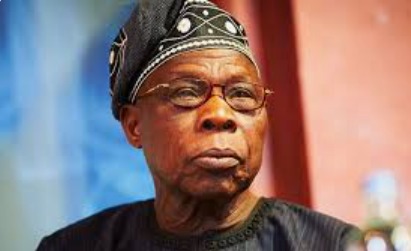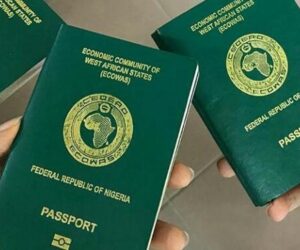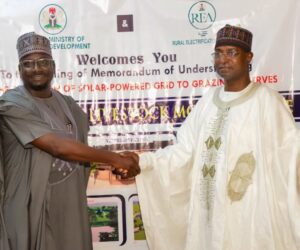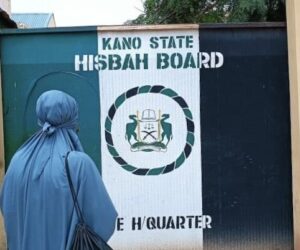Former President Olusegun Obasanjo has raised concerns over Nigeria’s out-of-school children crisis.
He warned that millions of young people risk becoming easy recruits for Boko Haram terrorists.
Advertisement
Speaking on Tuesday, at the inauguration of the Bakhita ICT Centre in Sokoto, Obasanjo described the neglect of the nation’s estimated 24 million out-of-school children as a “time bomb” waiting to explode.
“You don’t need an oracle to know they will become the recruiting ground for the Boko Haram of tomorrow,” he declared.
He urged leaders to prioritise human development, empowerment, and employment.
“If we give our children education, skills, and hope, they will build rather than destroy. Without that, we are preparing them for the wrong hands,” he added.
READ MORE:https://www.informationng.com/2025/10/nigeria-needs-revolution-not-activism-farotimi.html
His warning comes amid alarming statistics that place northern Nigeria at the centre of the country’s education and poverty challenges.
United Nations International Children’s Emergency Fund (UNICEF) estimates that more than 10 million of Nigeria’s out-of-school children are in the North, many trapped in the Almajiri system.
The region has also faced violent extremism, mass abductions, and banditry, which have disrupted education for years.
“If we fail to prepare now, the Boko Haram of today will be child’s play compared with what we may face in the future,” Obasanjo warned.
The Bakhita ICT Centre, equipped with 250 laptops and 50 tablets, was built by the Catholic Bishop of Sokoto Diocese, Most Rev.
Matthew Hassan Kukah, with support from philanthropist Aare Afe Babalola. The centre is designed to equip young people with digital skills and vocational training.
Unveiling the project, Bishop Kukah said: “Among the Almajiri on our streets, there could be an Albert Einstein. Our duty as leaders, parents, pastors, and imams is to shine the light on their potential.”
The Sultan of Sokoto, Alhaji Muhammad Sa’ad Abubakar, also addressed the gathering.
“When you are sick, sickness doesn’t ask whether you are a Muslim or a Christian.
“Hunger doesn’t know your tribe. Problems affect us all, and solutions must come from us working together,” he said.
The event was attended by clerics, traditional rulers, politicians, and youths, with cultural performances celebrating Nigeria’s shared heritage.








